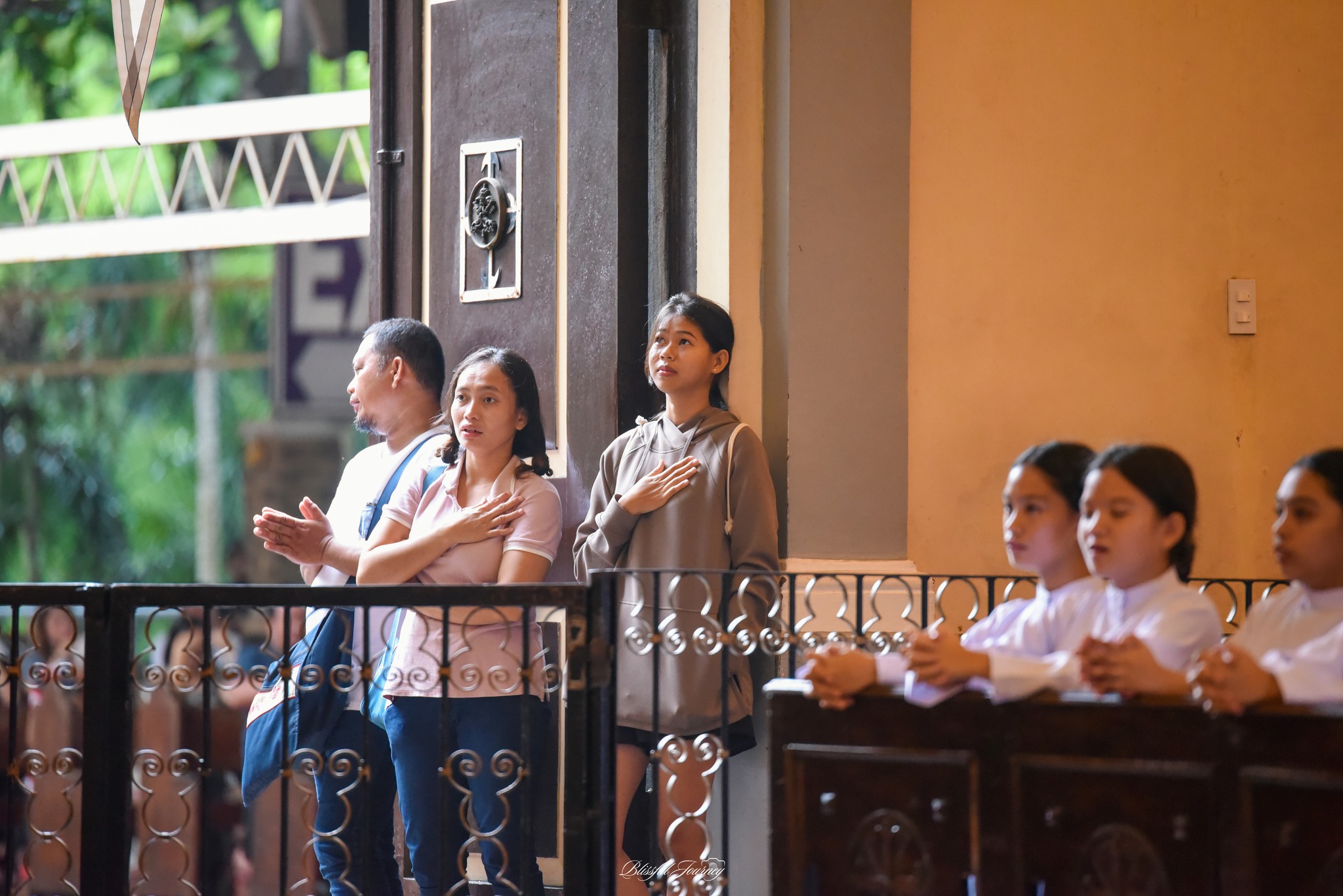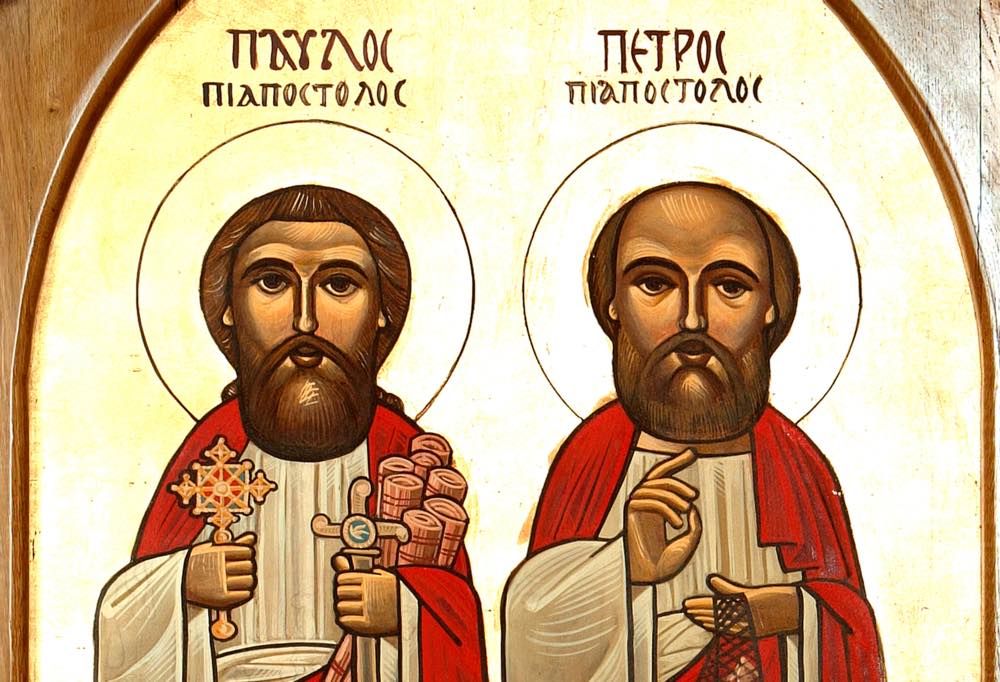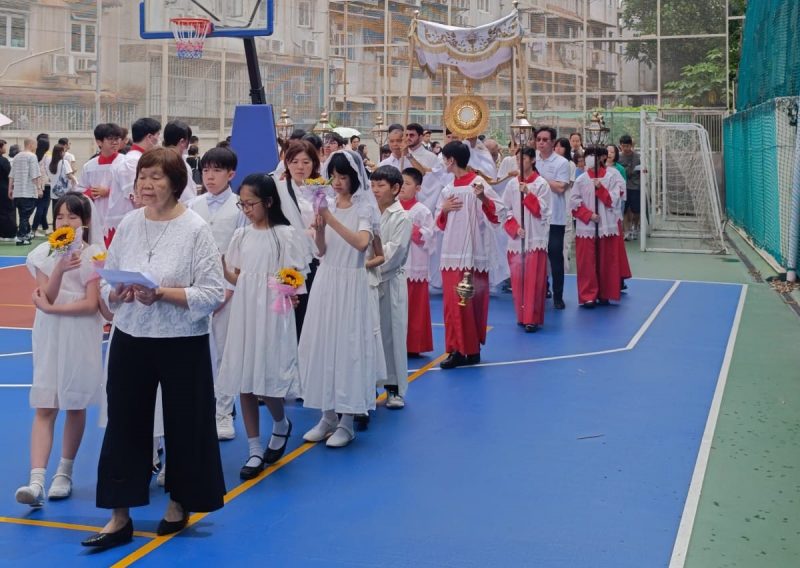Sister Maria Zhang Yue Chun made her perpetual vows on May 13,2025 at the convent of the Augustinian Recollects in Vitigudino, Salamanca province, Spain. Her prioress, Sister Berta, said she is “an example” for her community. Born in Shangqiu, Henan province, China, Maria lived without any connection to Catholicism. She was married and took care of her five children. During a serious illness, however, the support provided to her by a community of active Augustinian Recollects opened her eyes to the faith.










